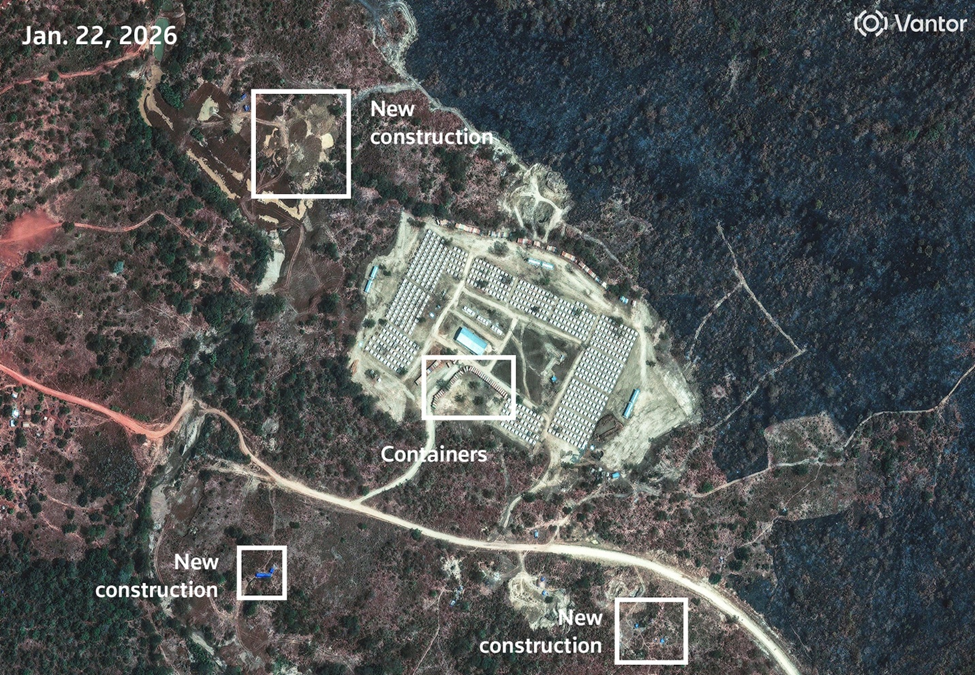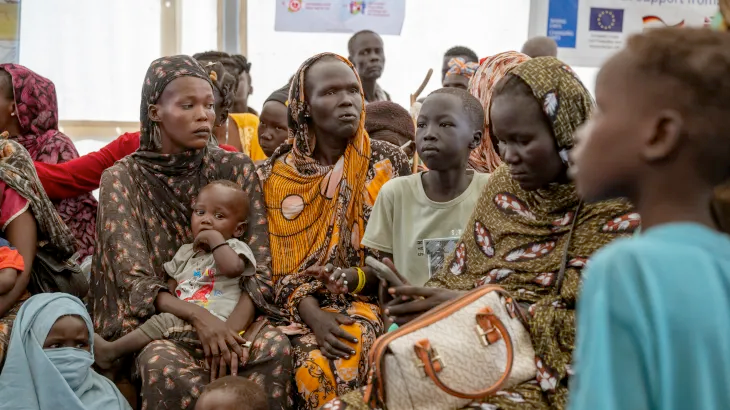Ethiopia delays national elections amid deadly Conflict in Tigray region
- Euronews
- May 17, 2021
- 2 min read
Updated: May 22, 2021

Ethiopia has again delayed its national election after some opposition parties said they wouldn’t take part and as conflict in the country’s Tigray region means no vote is being held there, further complicating Prime Minister Abiy Ahmed's efforts to centralise power.
The head of the national elections board, Birtukan Mideksa, in a meeting with political parties’ representatives on Saturday said the June 5 vote in Africa’s second-most populous country would be postponed until a yet-unknown date, citing the need to finish printing ballots, training staffers and compiling voters’ information.
Ethiopia last year delayed the vote - the first major electoral test for Abiy - citing the COVID-19 pandemic. That heightened tensions with the Tigray region’s leaders, who declared that the prime minister's mandate had ended and defiantly held a regional vote of their own that Ethiopia called illegal.
Since then, the war in Tigray has killed thousands and led the United States to allege that "ethnic cleansing" against Tigrayans was being carried out in the western part of Tigray, a region of some 6 million people.
The term "ethnic cleansing" refers to forcing a population from a region through expulsions and other violence, often including killings and rapes.
The prime minister, who introduced sweeping political reforms after taking office in 2018 and won the Nobel Peace Prize the following year, has repeatedly vowed that this election would be free and fair.
Abiy will keep his post if his Prosperity Party wins a majority of seats in the national assembly.
The European Union recently said it would not observe the vote, saying Ethiopia failed to guarantee the independence of its mission and refused its requests to allow the importation of communications equipment.
Ethiopia replied that external observers "are neither essential nor necessary to certify the credibility of an election".
Meanwhile, sometimes deadly ethnic tensions in other parts of the country of some 110 million people have led some to question how the election would be carried out, and the opposition Oromo Federalist Congress earlier this year pulled out of the vote.
Several of the party's leaders remain behind bars after a wave of violence last year sparked by the killing of a popular Omoro musician.
Late last month, five US senators wrote to the US special envoy for the Horn of Africa, Jeffrey Feltman, expressing concerns about Ethiopia’s ability to hold fair elections while the Tigray conflict continues.
In response, Ethiopia’s national election board said it was "striving" to ensure the poll will be free.
"Shortfalls are inevitable given factors such as population size, development deficits at all levels, a nascent democratic culture, and an increasingly charged political and security environment," it said.
"We are deeply concerned about increasing political and ethnic polarization throughout the country," the State Department said on Friday.
Ethiopia’s election board has said some 36.2 million people have registered to vote. It was hoped that up to 50 million would do so.
© The Associated Press and Euronews, 2021






